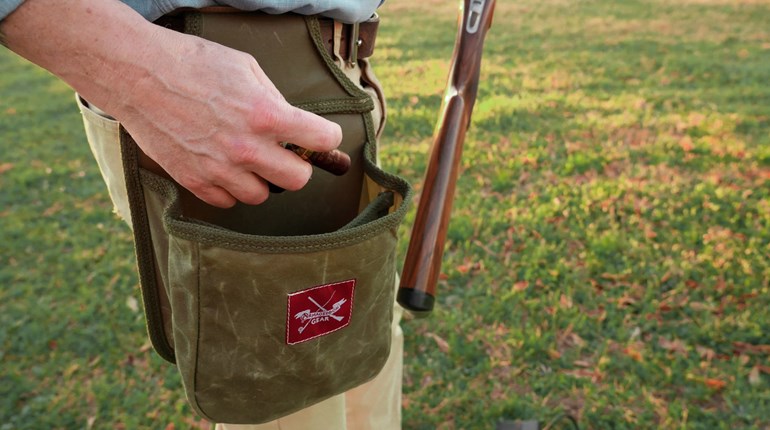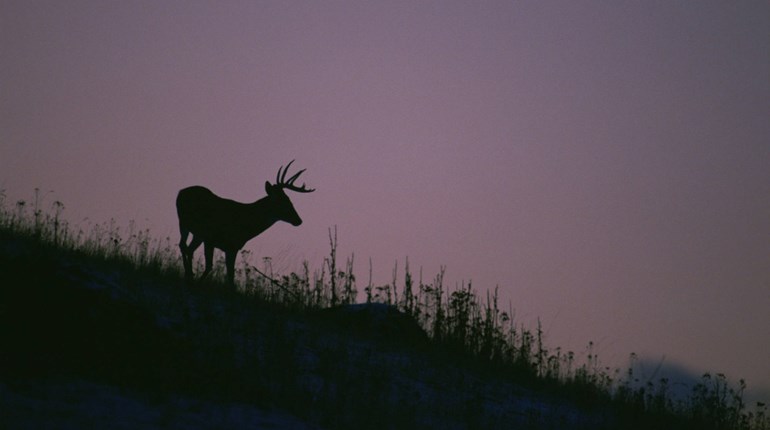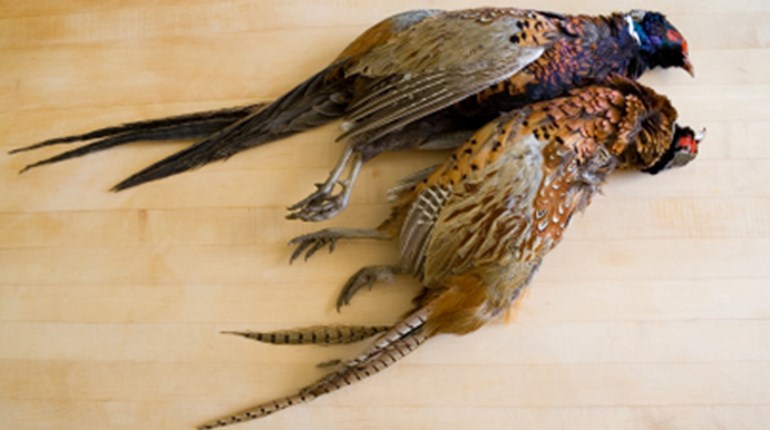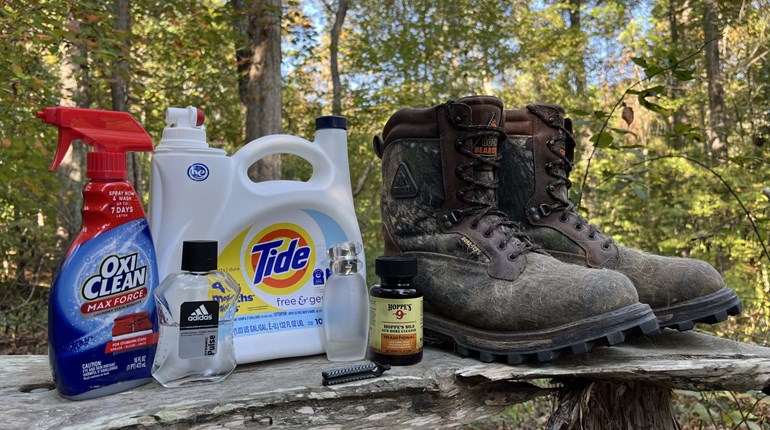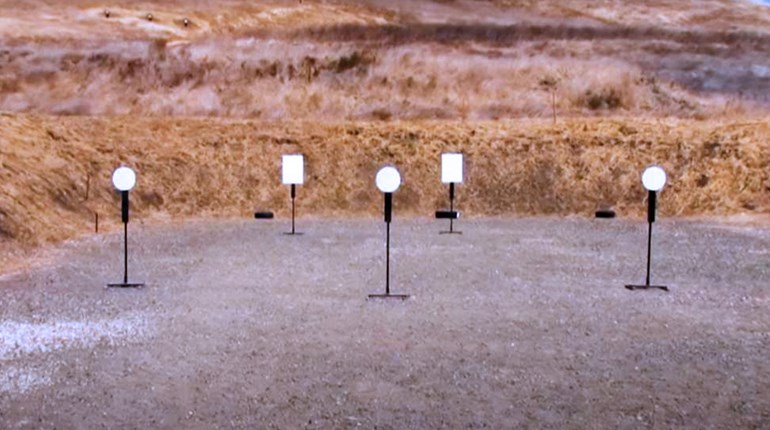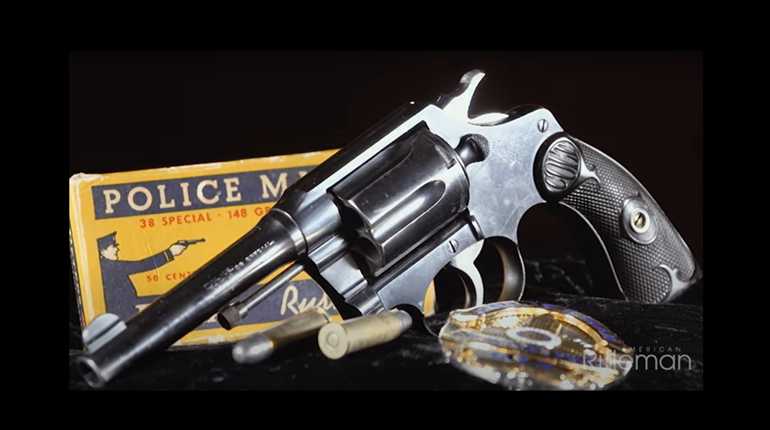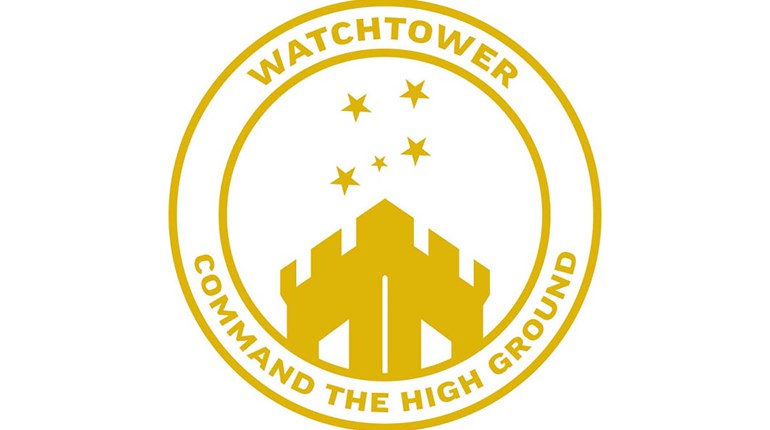
Even if you live in a city, chances are good you’ve spotted a Canada goose or two: They can be found on golf courses, around airports and chilling out in public parks. Whether you see them as a potential game bird or just another critter that can wreak havoc on your yard, there's still plenty of interesting stuff to learn about them. Here are four things to know about the Canada goose.
1. First, the name. They're properly known as Canada geese, not Canadian geese, although the correct name is actually a bit clunkier and counterintuitive.
2. Believe it or not, just a few decades ago, these birds were in serious trouble. They were considered endangered, and one of the subspecies, the giant Canada goose, was thought to be extinct. The culprit was unsound wildlife management—loss of habitat and uncontrolled hunting. Wildlife biologists, concerned sportsmen and scientifically based regulations helped bring the species back from the brink.
3. These days, this hardy, well-adapted species has come back with a vengeance. In many places, they are considered pests. Although the bird traditionally migrates from Canada to the American South and Mexico, many populations no longer migrate at all, preferring to hang out in suburban landscapes year-round. They’ve been known to cause problems, not just because of the astonishing amount of waste they produce, but also because they’re a hazard for air travel. (You may remember the stunning story of the miraculous water landing of U.S. Airways Flight 1549, which had to be “splash-landed” on the Hudson River in 2009 after it collided with a flock of Canada geese.) Bad news for airplanes and golf courses translates to good news for waterfowlers: Canada geese make for terrific hunting and delicious eating.
4. These large birds, which can weigh up to 14 pounds, can be hunted in many places throughout North America. One subspecies, the giant Canada goose, has a wingspan of up to 6 feet and can weigh as much as 20 pounds. They eat up to 7 pounds of food a day, which will not come as a surprise to anyone who has attempted to tiptoe through a field or parking lot where Canada geese have been hanging out. Given the goose's size, most waterfowlers recommend shotgun gauges no smaller than 20.













